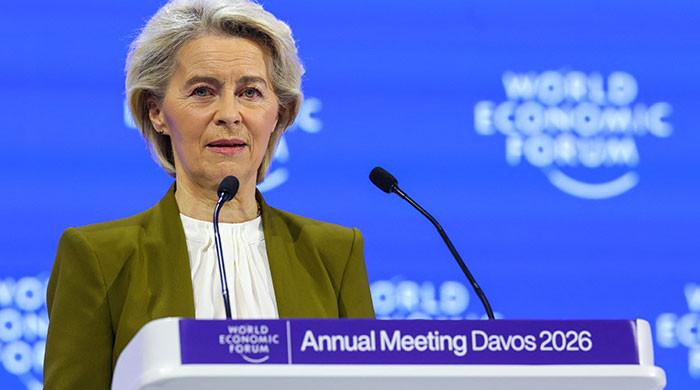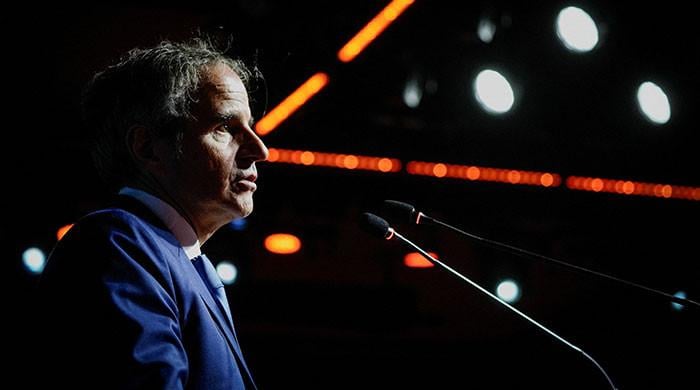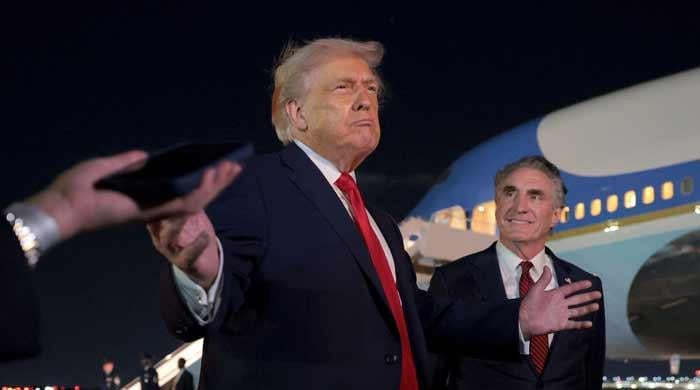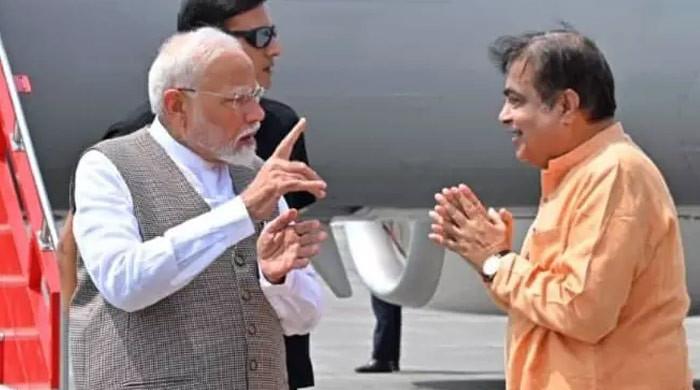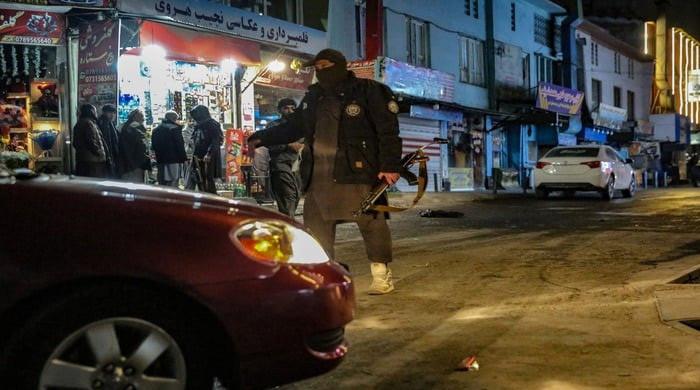Taiwan election: Massive rallies conclude amid China's warning against independence
Taiwan's Democratic Progressive Party seeks a third term with Vice President Lai Ching-te as its candidate
January 12, 2024
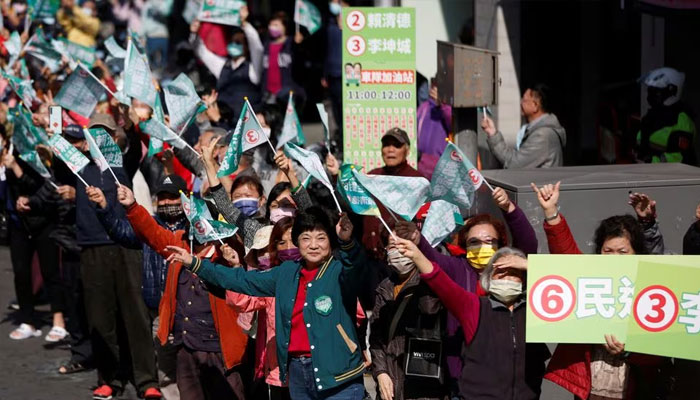
In the final pre-election rallies in Taiwan, tens of thousands gather as the nation braces for crucial presidential and parliamentary polls.
As China issues stern warnings, framing the elections as a choice between "peace and war," the Democratic Progressive Party (DPP) seeks a third term with Vice President Lai Ching-te as its candidate.
The DPP, which champions Taiwan's distinct identity, rejects China's territorial claims, emphasising that only Taiwan's people can determine their future.
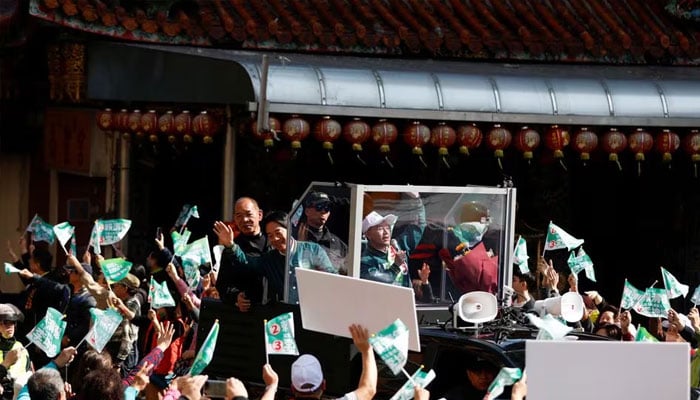
China, maintaining a stance that it has never ruled out force to control Taiwan, labels the DPP as dangerous separatists, urging the Taiwanese to make the "right choice." Responding to Taiwan's air force upgrades, China's defence ministry vows to "crush any form of 'Taiwan independence'" and defend national sovereignty.
President Lai, committed to peace across the Taiwan Strait, accuses China of interference through disinformation and economic pressure.
With two opponents—Hou Yu-ih of the Kuomintang (KMT) and Ko Wen-je of the Taiwan People's Party (TPP)—Lai faces challenges. Both KMT and TPP advocate for a change of government after eight years of DPP rule, while the TPP aims to disrupt the two-party status quo.
Amid the looming threat from China, Taiwan anticipates potential pressure on its incoming president, with military manoeuvres expected this spring.
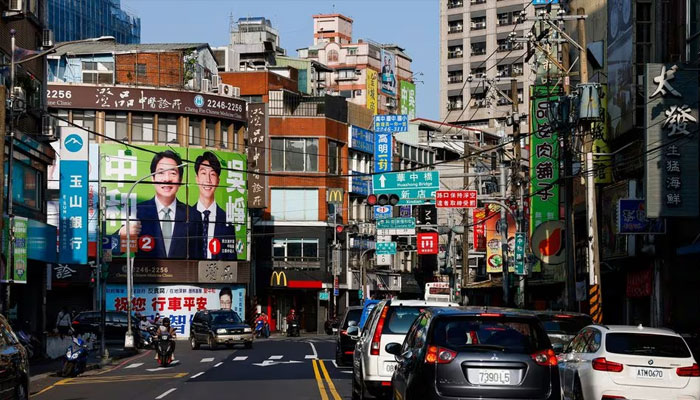
The election's outcome remains uncertain, with each party holding final rallies. The DPP and KMT confront a formidable TPP, representing Taiwan's third force and advocating for reform.
Ko Wen-je, the TPP's candidate, focuses on bread-and-butter issues, gaining support, especially among young voters. Emphasising the need to re-engage with China without compromising democracy, Ko remains resolute against external pressures.
As polls open and close, the result, expected by late Saturday, will determine Taiwan's political landscape, marking a historic transition after Queen Margrethe II's retirement announcement.





